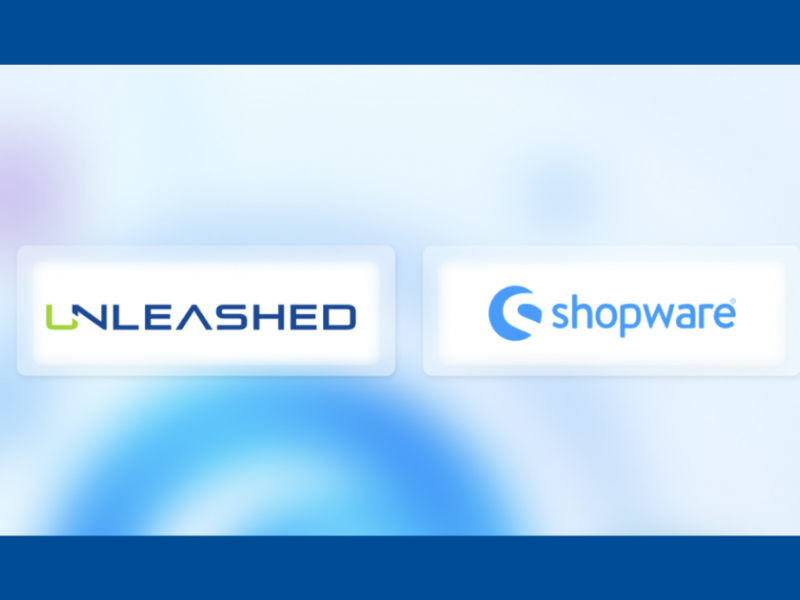As e-commerce technologies have advanced in recent years, self-service portals have become must-haves in the B2B space. Today, 75% of B2B buyers prefer digital self-service and remote human contact over in-person communication. Developing a portal that simplifies your clients’ interactions with your company and keeps them satisfied is crucial to maintaining business success. The following five features are key elements of any effective self-service portal.
Custom Dashboards & Permissions
Convenience is a top priority for today’s executives, which means companies in the B2B space must prioritize custom solutions for their buyers. Your clients don’t want to call a representative every time they need to place an order, learn about new products, or check order statuses. A custom dashboard allows them to do all of those things and more without talking to anyone else—which also increases efficiency for your sales team, since they don’t have to spend their time constantly on the phone with buyers.
With the right solutions, you can personalize a dashboard to specific users, which means anyone who logs in will immediately see what is most relevant to them. People in accounting will have access to receipts; managers will have access order forms; chief financial officers will have access to YTD earnings and expenses. You can also implement integrations that:
-
Personalize the product catalog to the clients’ needs
-
Track past orders
-
Make recommendations for reordering
-
Provide real-time updates for clients when products they want are back in stock
Individualized Pricing
Each of your buyers has different financial terms based on negotiated deals and pricing rules. Instead of requiring clients to call their representative in order to learn about discounts, promotions, and total costs, you can implement an e-commerce solution that automatically generates that information for each account. Buyers will only have access to their own data, which makes the self-service portal more personal and informative than a general, company-wide e-commerce site. It also increases the likelihood that clients will make a purchase, since the deals they receive are specific to their interests.
Personal pricing features can reduce administrative hassle for sales reps because they answer clients’ questions before they have to ask. Instead of having to engage with your team, buyers can have access to pricing 24/7 by simply logging into their dashboard—which makes the buying process even simpler and directly translates to increased efficiency and profit for your company.
Hassle-Free Payment Options
Customers expect a payment process that’s tailored to the option they want to use, whether via purchase order, credit card, or some other payment plan. An effective self-service portal can provide all those options and save the setting for future purchases, resulting in a faster order process going forward—and happier customers.
Additionally, an individualized dashboard can store monthly statements and keep a record of payment terms. If buyers want to change their payment settings or terms, they can do so at any time—regardless of your standard business hours. Your portal should allow buyers to make changes automatically, rather than requiring your team to be available to complete manual processes.
Receipt Tracking
A key feature of many self-service portals is a repository that tracks all past orders, including date of the order and itemized costs. Clients must be able to reconcile their expenses, and if something goes missing or doesn’t add up correctly, they need to refer to their past orders to find out what went wrong.
In the past, customers have had to print invoices and receipts and file them using error-prone systems. By offering a receipt repository as part of your self-service portal, you can ensure clients have seamless access to past orders, with no chance of items being lost. Your repository should offer search features that simplify the process of finding needed receipts. Provide filters for date, product name, and even order size to allow customers to filter bigger purchases from smaller ones.
Personalized & AI-Powered Customer Service
A self-service portal should have an online help option that clients can access anytime, even outside of normal business hours. During business hours, live representatives can be available—but questions can often be answered using an AI-powered chat system, which saves time and money for distributors. Studies suggest that a call with a live agent could cost your company $12 or more, while a chatbot conversation costs less than one dollar.
A popular use for an AI-powered chat bot is to allow it to handle simple requests. A high percentage of tickets submitted to a help desk or live representatives pertain to password changes, FAQ questions, basic account information, or basic product information.
AI-powered chatbots can suggest FAQs and links to troubleshooting articles based on client purchase history, previous questions asked, or even current page—so buyers receive recommendations based on the roadblocks they might face. Rather than passing clients from one representative to another, trying to find a solution, the portal itself can help find the solution before a problem even happens.
Final Thoughts
Self-service portals are the future of e-commerce, and if you aren’t providing the solutions today’s buyers want, they’ll find a distributor who can meet all their needs with the latest technology. At Unleashed, we want to help our clients develop and implement solutions that keep their customers happy—and we’ll work with you to enhance your self-service portal by making sure it contains all these features and more.


